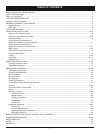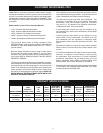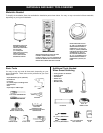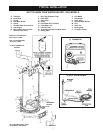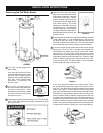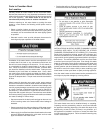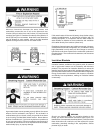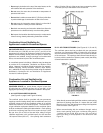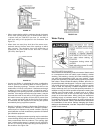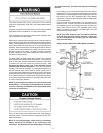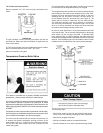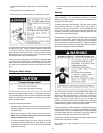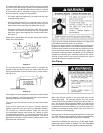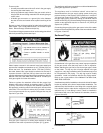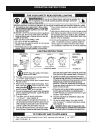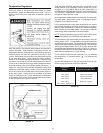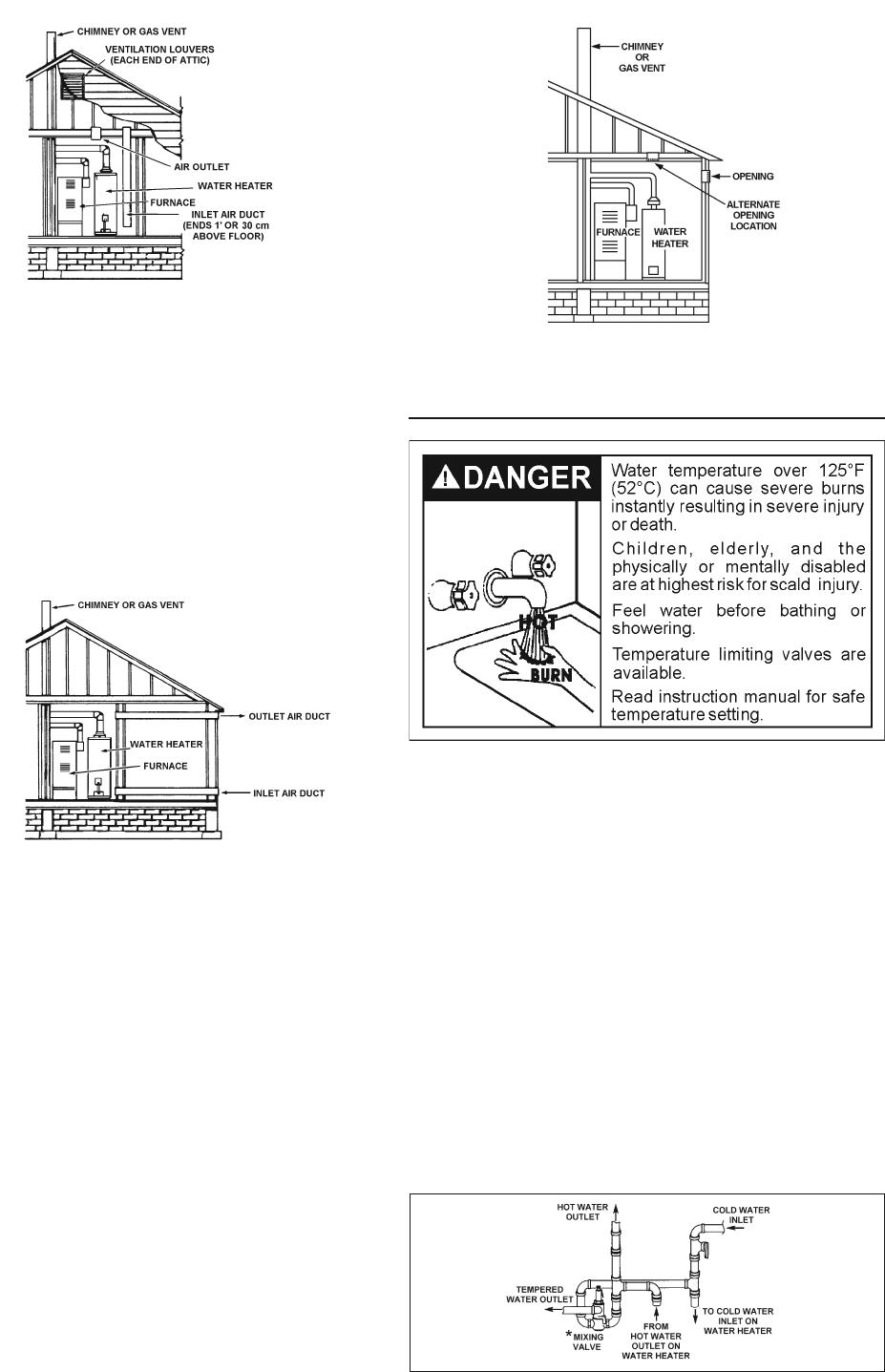
12
• When communicating with the outdoors through horizontal
ducts, each opening shall have a minimum free area of
1 square inch per 2,000 BTU per hour (11 cm
2
/kW) of
total input rating of all equipment in the enclosure. See
Figure 13.
• When ducts are used, they shall be of the same cross-
sectional area as the free area of the openings to which
they connect. The minimum short side dimension of
rectangular air ducts shall not be less than 3 inches
(76.2 mm). See Figure 13.
FIGURE 13.
• Louvers and Grilles: In calculating free area, consideration
shall be given to the blocking effect of louvers, grilles or
screens protecting openings. Screens used shall not be
smaller than 1/4 inch (6.4 mm) mesh. If the free area through
a design of louver or grille is known, it should be used in
calculating the size opening required to provide the free area
specifi ed. If the design and free area is not known, it may be
assumed that wood louvers will be 20-25 percent free area
and metal louvers and grilles will have 60-75 percent free
area. Louvers and grilles shall be fi xed in the open position
or interlocked with the equipment so that they are opened
automatically during equipment operation.
• Special Conditions Created by Mechanical Exhausting or
Fireplaces: operation of exhaust fans, ventilation systems,
clothes dryers or fi replaces may create conditions requiring
special attention to avoid unsatisfactory operation of installed
gas utilization equipment.
• Alternatively, a single permanent opening may be used when
communicating directly with the outdoors, or with spaces that
freely communicate with the outdoors. The opening shall
have a minimum free area of 1 square inch per 3,000 BTU
per hour (8.3 cm²/kW) of total input rating of all equipment in
the enclosure. See Figure 13A.
FIGURE 13A.
HOTTER WATER CAN SCALD:
Water heaters are intended to produce hot water. Water heated
to a temperature which will satisfy space heating, clothes
washing, dish washing, cleaning and other sanitizing needs
can scald and permanently injure you upon contact. Some
people are more likely to be permanently injured by hot water
than others. These include the elderly, children, the infi rm, or
physically/mentally handicapped. If anyone using hot water in
your home fi ts into one of these groups or if there is a local
code or state law requiring a certain temperature water at
the hot water tap, then you must take special precautions. In
addition to using the lowest possible temperature setting that
satisfi es your hot water needs, a means such as a *mixing
valve should be used at the hot water taps used by these
people or at the water heater. Mixing valves are available at
plumbing supply or hardware stores. See Figure 14. Valves
for reducing point of use temperature by mixing cold and hot
water are also available.
Follow manufacturer’s instructions
for installation of the valves. Before changing the factory
setting on the thermostat, read the Temperature Regulation
section in this manual.
Water Piping
FIGURE 12.
FIGURE 14.



